The Chinese men who suit up at weekends but dress down at work so they don’t upstage the boss’ casual chic. Friday, 01 June, 2018
On a clear day in Beijing, the Valstarino jackets, Codis Maya brass bracelets and bottles of craft whisky in Principle M’s new showroom are bathed in natural light. Designed by Italian-German architecture studio MDDM, the space for Justin Kwan’s premium tailored menswear label, launched four and a half years ago, balances sophistication and minimalism.
Kwan and his besuited team are flipping through textile swatch books, helping a Chinese customer find a match before his next fitting. The client is dressed head to toe in sportswear.
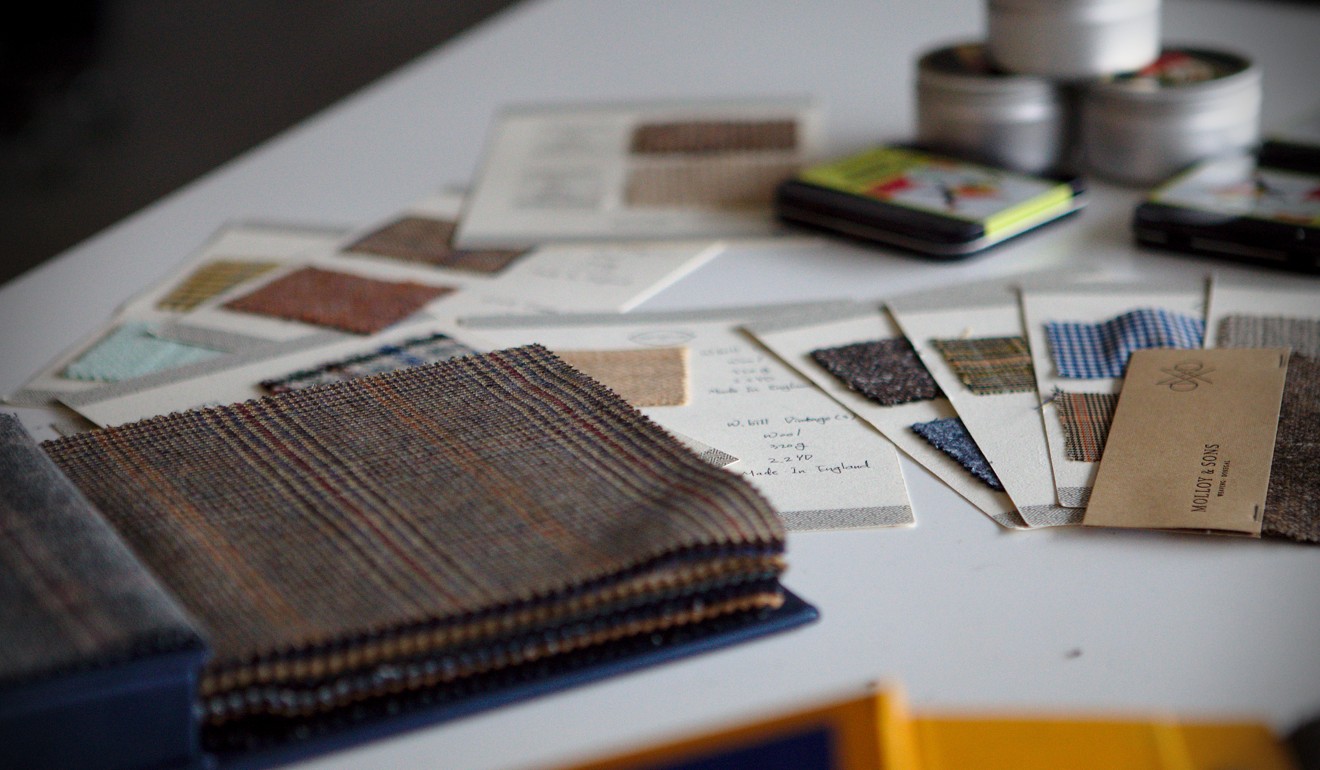
“That’s not uncommon,” Kwan says. “We’ll have guys come to pick up a suit order wearing athleisure – sneakers and a T-shirt – and sometimes we wonder when and where they’ll wear the suits.
Premium menswear has taken off in China, where an affluent young generation eager to learn the finer points of style are keeping Beijing’s tailors busy, even if they’re as likely to wear T-shirts and sports shoes as a made-to-measure suit
“But sometimes we’ll have the opposite, where people will come in with the suit and tie on a Saturday afternoon. These guys are the hobbyists. It’s their lifestyle to wear classical menswear. So it’s one end of the spectrum or the other.”
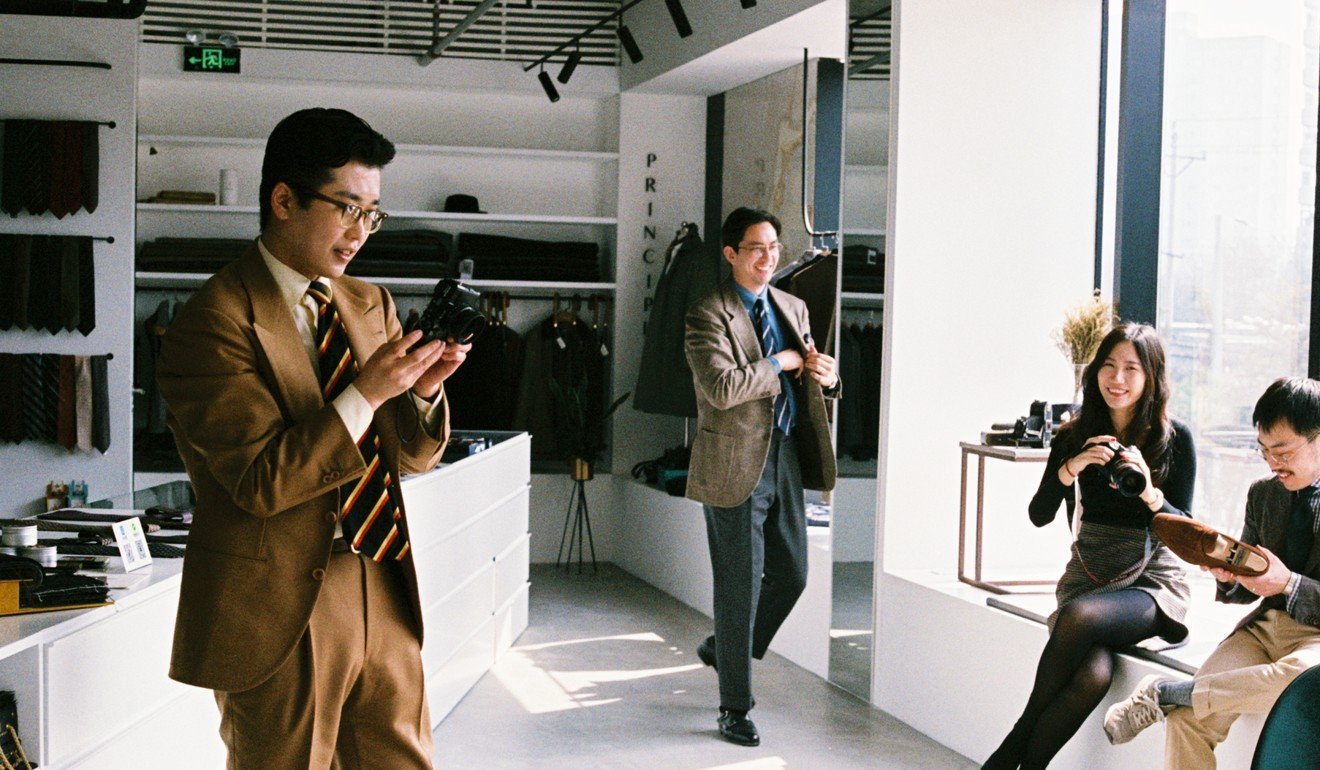
Principle M sells made-to-measure suits and premium ready-to-wear clothing, using imported fabrics and an in-store tailor and image consultant. Kwan, who is American, launched his business at a time when the menswear market in China was growing, and worked on priming his customer base through workshops on everything from how to knot a tie to how to pair fabrics and patterns.
He estimates there are now 1,000 tailors in the Chinese capital. They cater to the growing ranks of men who – inspired by social media, fashion magazines and luxury marketing – have taken ownership of their style.
Storied Italian menswear house offers VIPs heritage experience at its base in Alpine foothills
The concept of men’s style is relatively new in China. Until the country began to open up in the late 1970s, most residents wore shapeless, high-collared Mao suits on a daily basis.
When these went out of fashion, most men resorted to casual attire. Even today, the idea of dressing up for special occasions, whether business, leisure or events such as weddings, is less firmly embedded in China than in Europe and other parts of Asia.
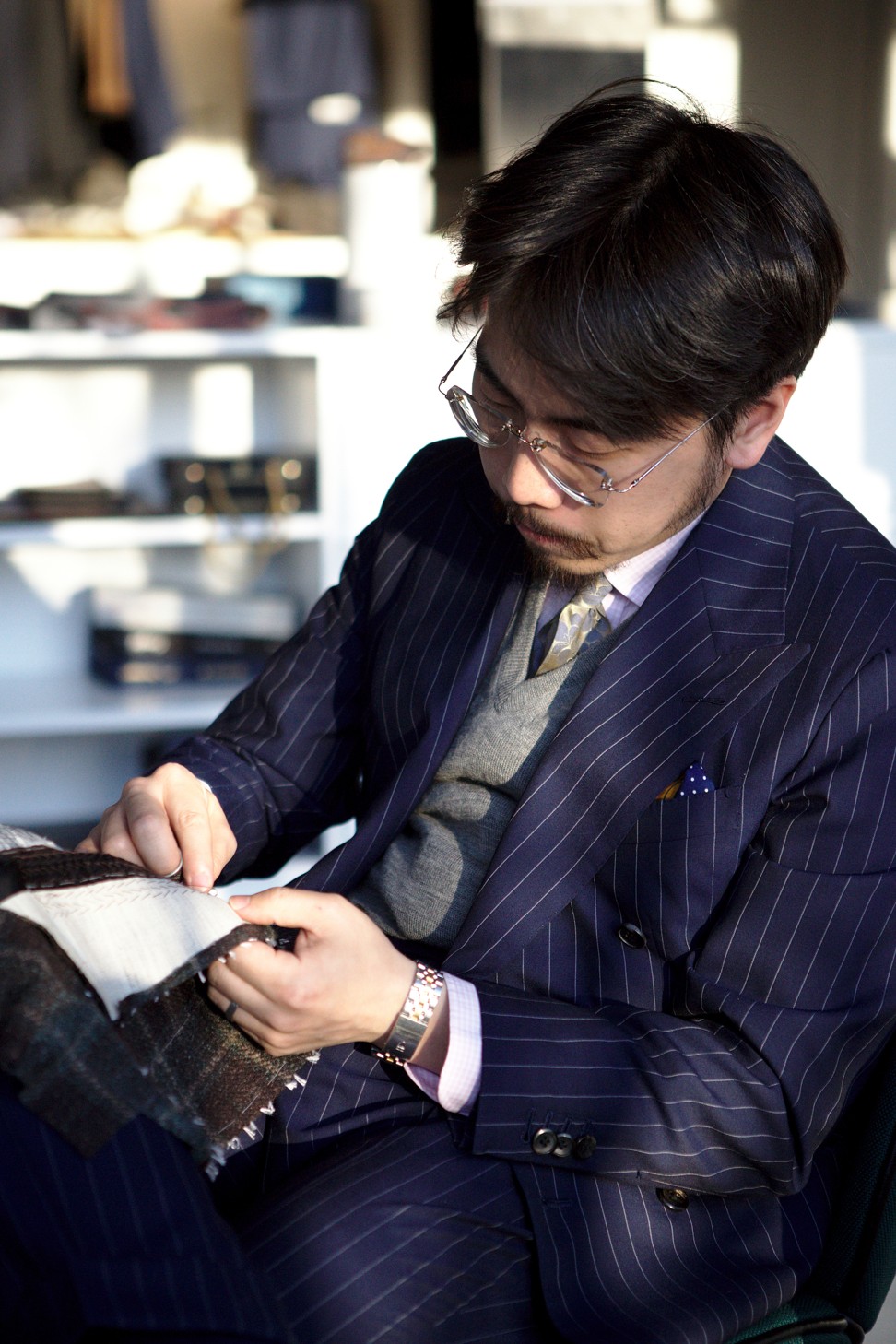
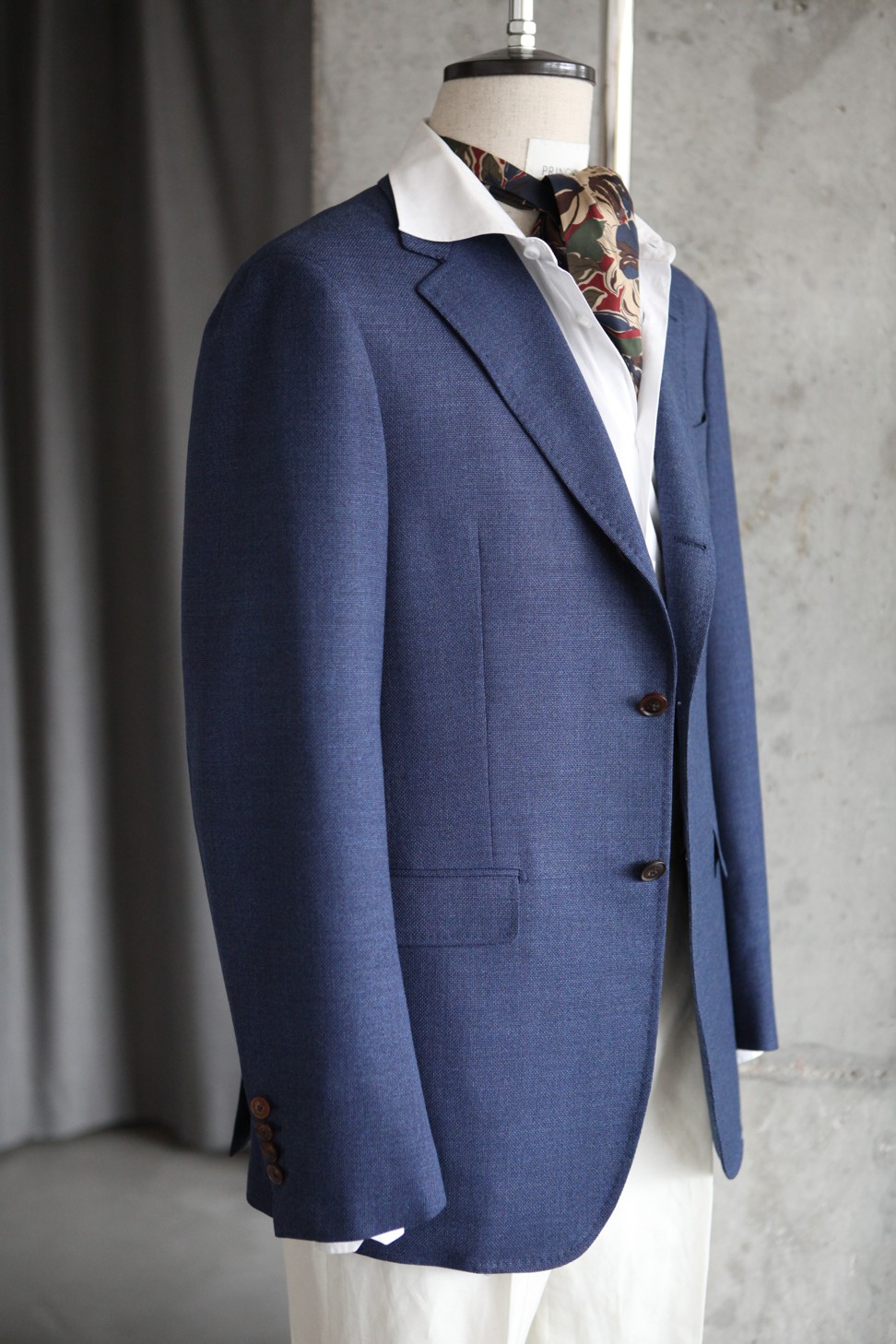
Kwan describes his typical customer as sophisticated and curious about fashion, part of a generation of more affluent men whose sense of style is ahead of the curve of social trends. Even so, tailors have to work with their clients to navigate some persistent cultural constraints.
If you give them the right suggestions, people will come back
“Even if our customer wants to dress well they don’t, because they want to be underdressed compared to their boss, who usually dresses very informally,” says Nicolas Schmitt, Principle M’s image consultant.
“I told one customer, ‘You must be the most well-dressed guy in your company’, and he said, ‘No, I only wear suits on the weekend. I don’t wear suits to work. Come on, I’m an engineer. Why would I wear a suit?’ It kind of struck me how a guy would spend more than 40,000 yuan [US$6,200] on a suit and only wear it on the weekend.”
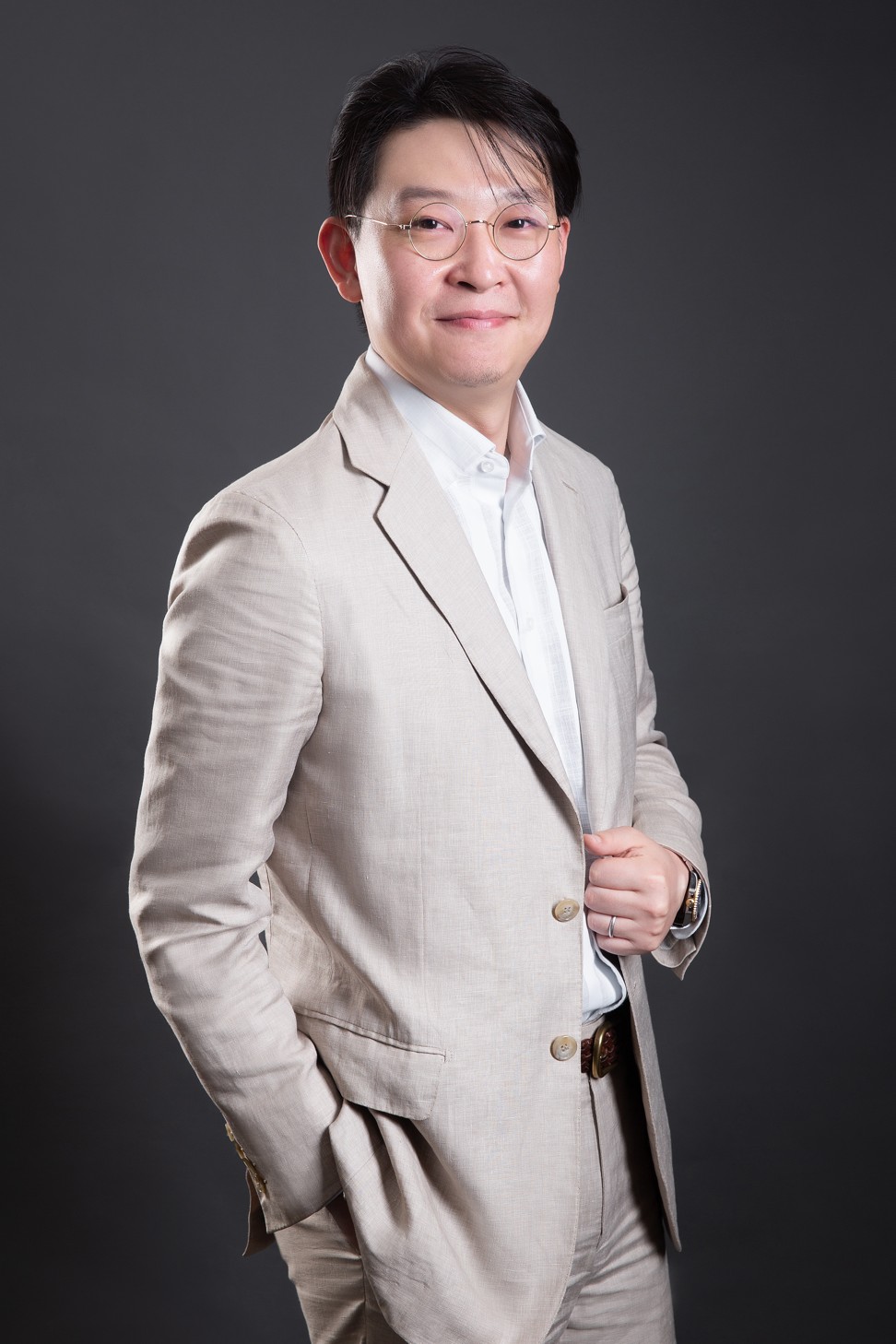
For menswear entrepreneurs like Justin Wang, the mission is to work with clients towards achieving a balance between quality and practicality. The co-founder of another Beijing-based menswear start-up, JW Prime, he says Chinese consumers have the money to buy top-end products, “but they don’t really know what they’re buying”.
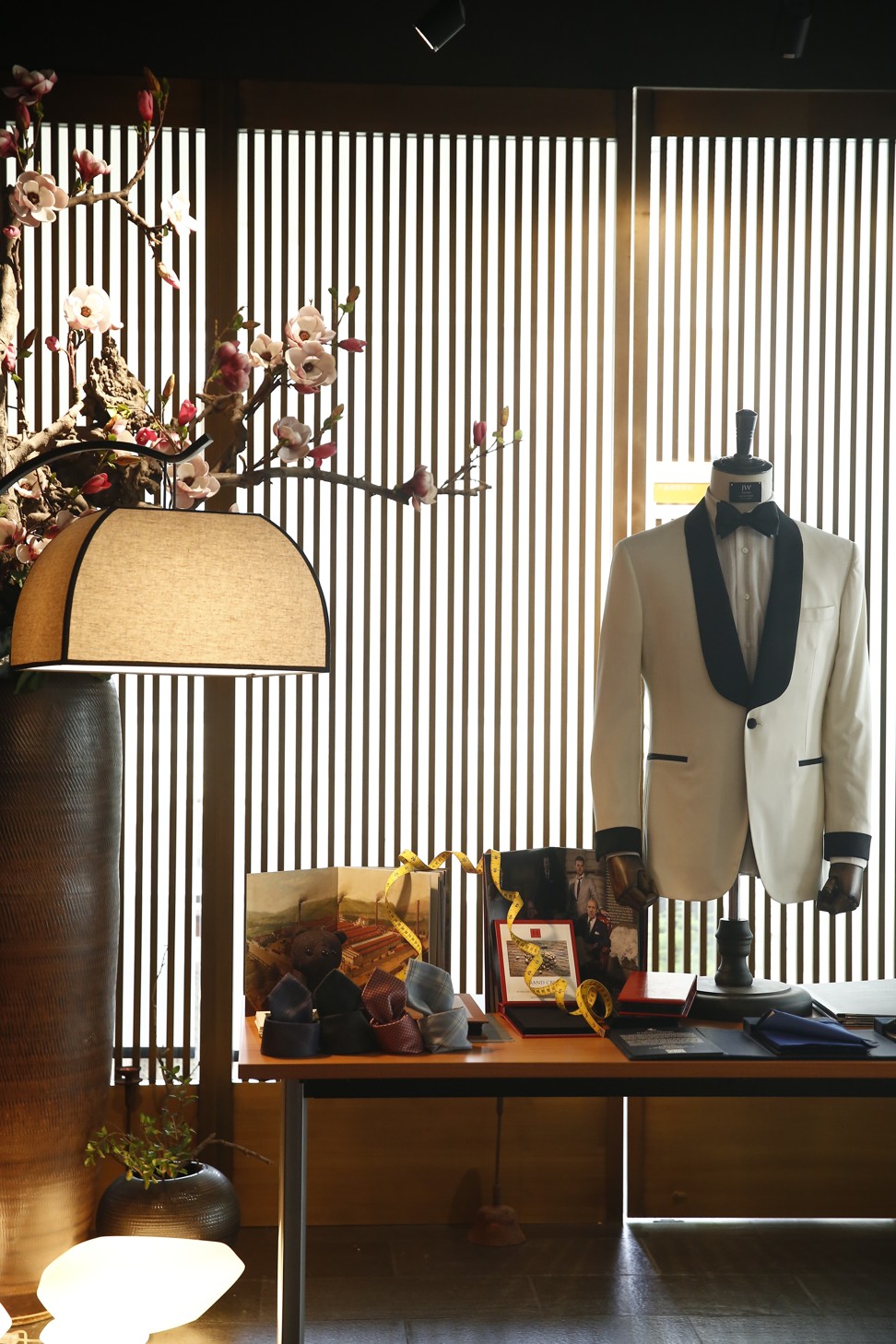
“When you travel to Italy, you don’t really see that many [Italians] wearing the ultra expensive, lightweight suits, even if they have the money, because they’re not durable,” says Wang, who has extensive experience in the luxury tailoring industry, having worked with brands such as Gucci, Brioni and Kiton before launching his label. “Sure, it’s light and comfortable, but it’s not really practical for your daily life.”
Wang says younger, savvy Chinese consumers are starting to think this way too. In his view, ever more young people want a lifestyle combining style and practicality – “In the future, people need fast and easy,” he says – and tailors need to adapt to this.
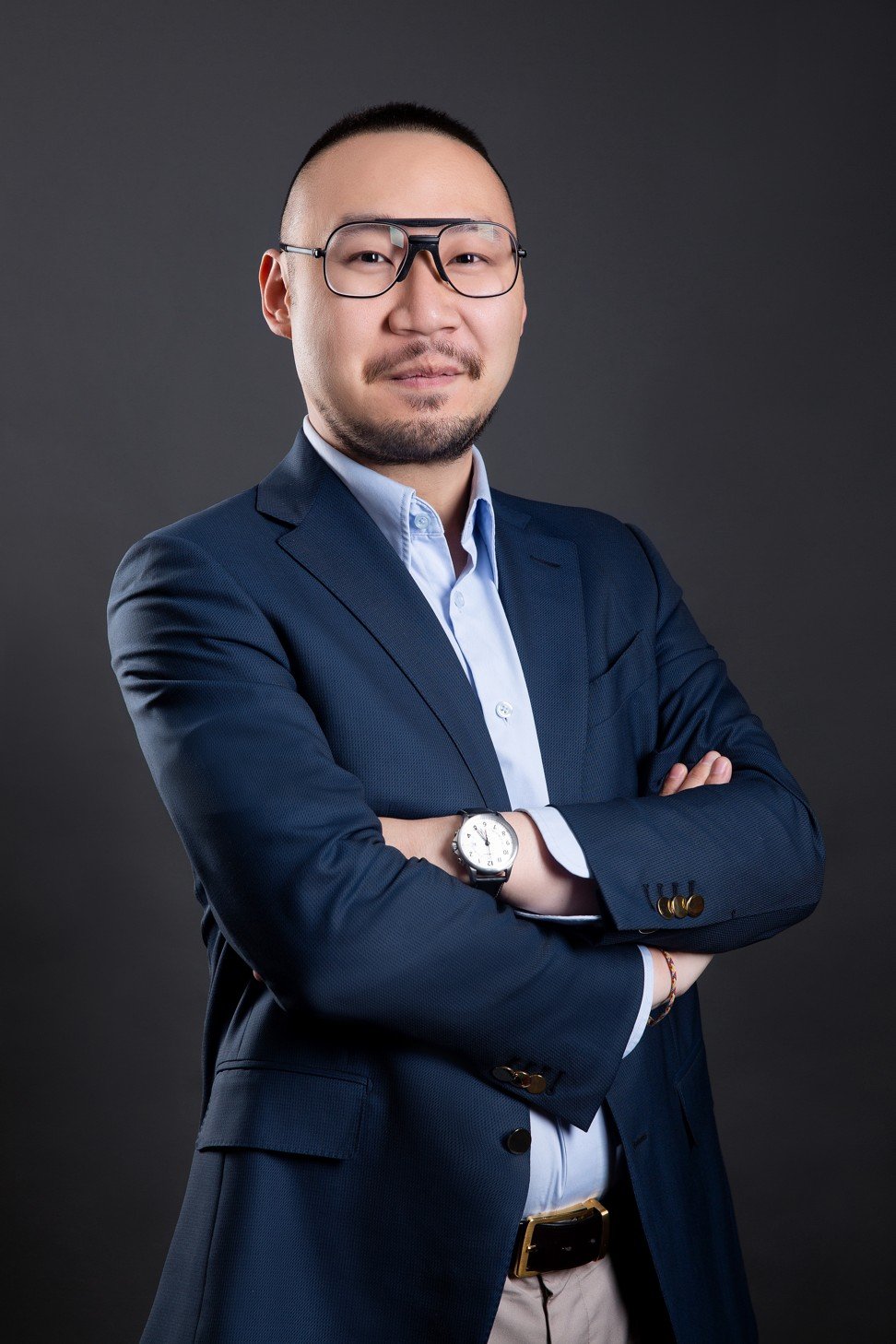
At JW Prime, Wang and co-founder Gibson Wu offer more than 30 fabric brands, ranging from top-tier to entry-level, and focus on fits tailored to their Chinese customers’ body type.
They are working to develop new techniques and designs for clients who want versatility and style, Wang says, citing the success of Japanese fast fashion retailer Uniqlo’s “easy care”, “stretch fit” US$100 suits and athleisure chain Lululemon’s sweat-resistant blazers.
Seven surprising Chinese crossover fashion collections
Enter JW Prime’s shop, with its antique wooden furniture, leather couches, and a whisky bar, and one could almost forget that, in other parts of the industry, innovators are exploring the use of artificial intelligence for suit fittings to deliver garments to online consumers in a fraction of the time and at a fraction of the cost of a traditional fitting.
Wang believes that isn’t the sort of speed and ease the new menswear consumer is craving. “You need people,” he says. “You need to be a psychologist, you need to be a friend because the customer needs to have someone on their side when something isn’t working.”
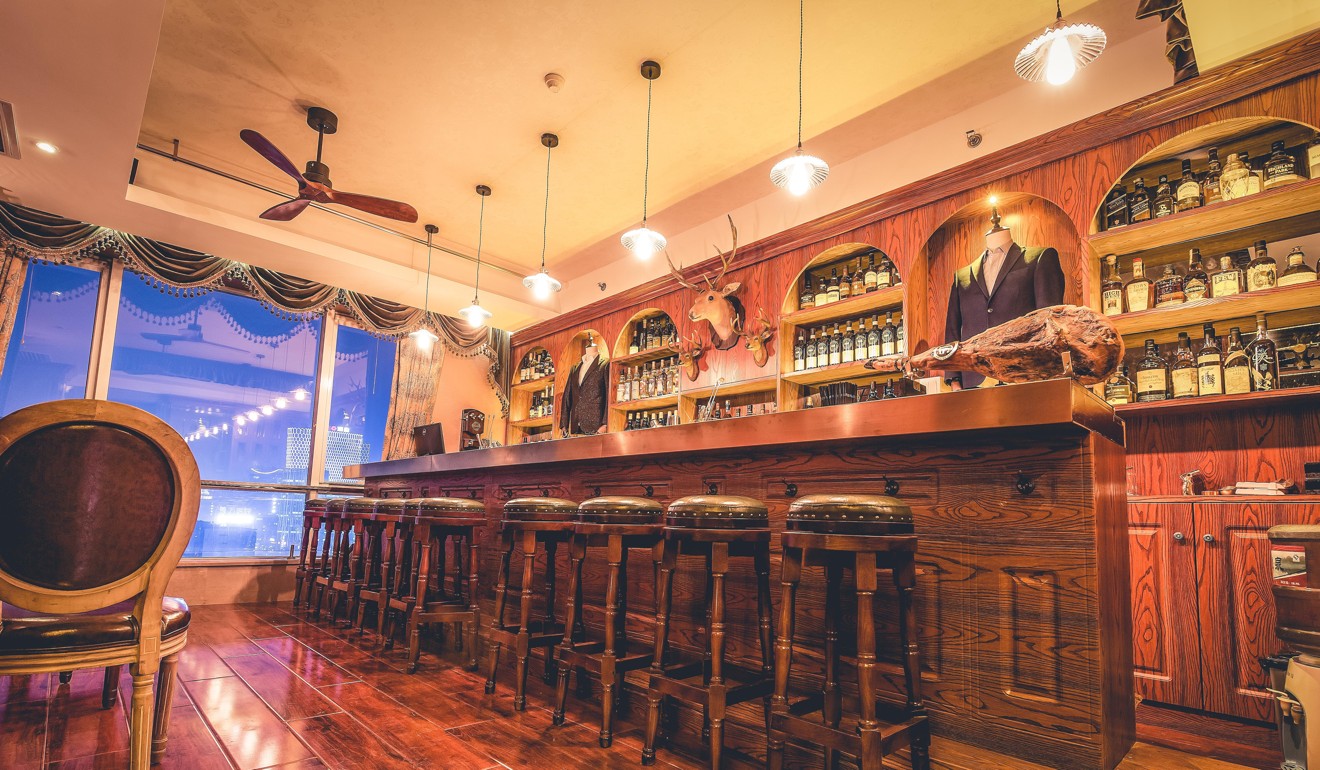
For example, when a customer wants to walk away with a shiny, purple velvet blazer because they see a celebrity wearing it on TV, Wang tells them: “Why are you wearing velvet? Why don’t you try silk?”
“If you give them the right suggestions, people will come back,” he says. “That’s why our retention rate is really, really high.”
http://www.scmp.com/lifestyle/fashion-beauty/article/2148474/chinese-men-who-suit-weekends-dress-down-work-so-they-dont
Comments